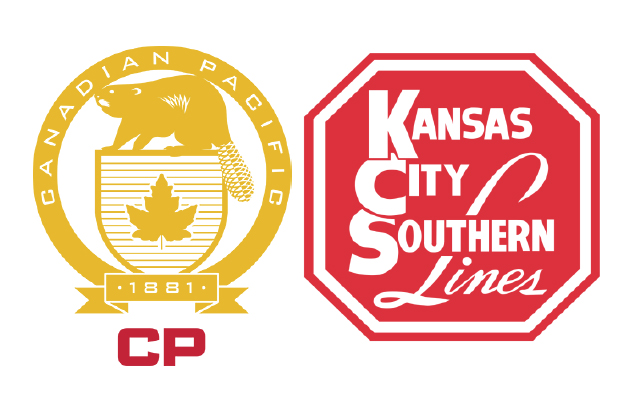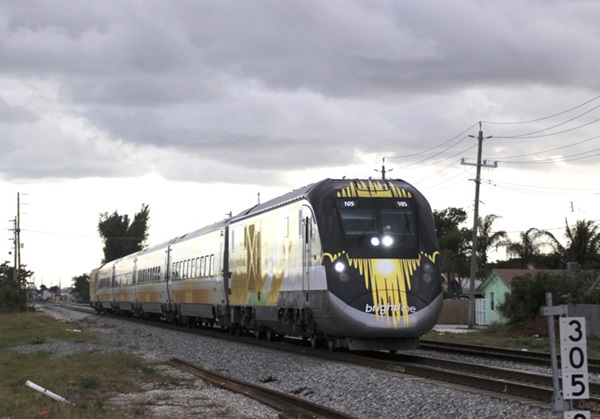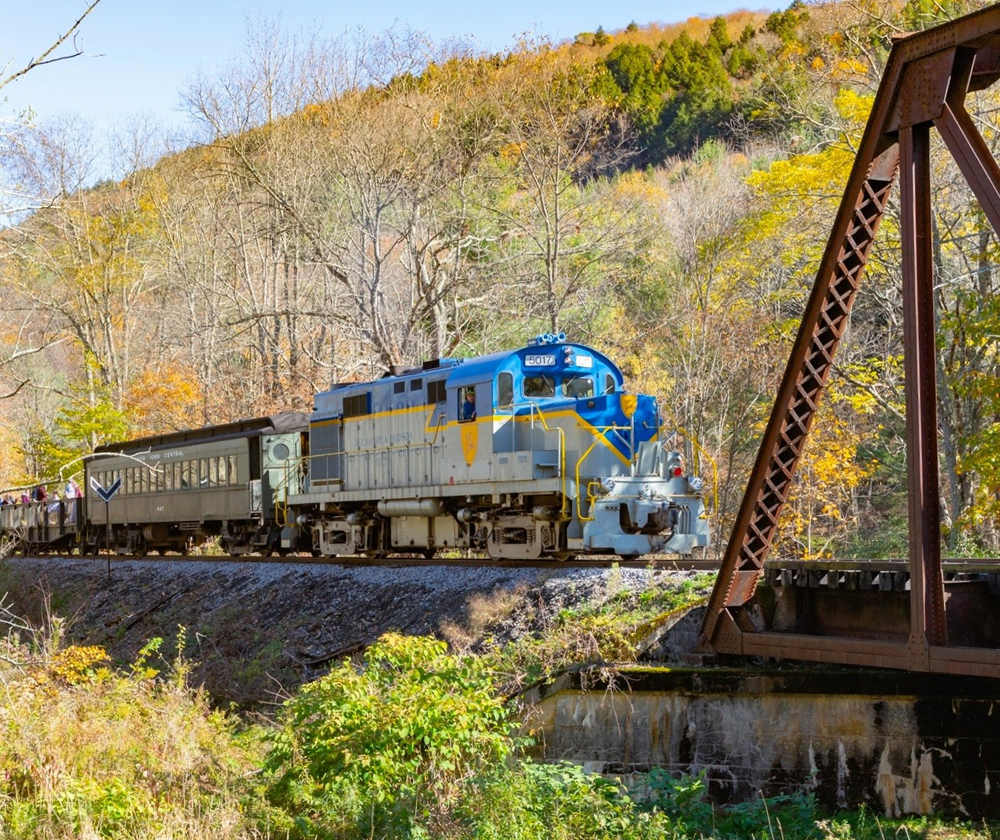 WASHINGTON — Several trade associations, a major agricultural shipper, and Norfolk Southern today asked the Surface Transportation Board to review Canadian Pacific’s proposed acquisition of Kansas City Southern under the more stringent 2001 merger rules.
WASHINGTON — Several trade associations, a major agricultural shipper, and Norfolk Southern today asked the Surface Transportation Board to review Canadian Pacific’s proposed acquisition of Kansas City Southern under the more stringent 2001 merger rules.
CP and KCS have said they would seek to have the merger reviewed under the old rules, although executives contend that the end-to-end combination of the two smallest Class I systems would be approved under the current rules because it would boost railroad competition.
Major service disruptions after the wave of mergers in the 1990s soured shippers on additional consolidation in the rail industry. Those mergers — including Union Pacific-Southern Pacific, Burlington Northern-Santa Fe, and the split of Conrail between CSX Transportation and Norfolk Southern — prompted the STB in 2001 to impose much tougher merger review rules.
The new rules have stymied further Class I railroad mergers because they require any deal to be pro-competitive and consider so-called “downstream effects,” such as a round of final consolidation that would lead to just two transcontinental systems.
As the smallest Class I, KCS received a waiver from those rules. The STB said in 2001 that old merger rules would apply to a KCS combination with another Class I “unless we are shown why such a waiver should not be allowed.” Today was the deadline for filings regarding the KCS waiver.
Norfolk Southern said it was not taking a position on the CP-KCS combination but said the old rules are out of step with the industry today.
“The prior rules are antiquated, adopted over 40 years ago. The railroad industry has transformed itself since then, and the STB modernized its major merger guidelines in sync with those changes,” NS attorneys wrote. “KCS has similarly grown in size and stature since 2001. Winding back the clock to antiquated guidelines would deny the agency the suite of modern tools to gauge and address the broad implications of any major rail merger in the current economic and operational environment.”
NS noted that the current merger rules require the combining railroads to submit service plans that focus on potential service disruptions. “As the board knows, service disruptions are not confined to the applicants and would ripple throughout the nation’s freight rail network,” NS wrote.
The NS letter did not mention its joint venture with KCS, the 320-mile Meridian Speedway that links NS at Meridian, Miss., and KCS at Shreveport, La., and is a shortcut between the Southeast and Southwest.
Several trade associations joined forces in a single filing challenging the waiver. They include the National Industrial Transportation League, the oldest shipper organization; the National Grain and Feed Association; the Corn Refiners Association; The Fertilizer Institute; U.S. Wheat Associates; and the American Chemistry Council.
The shipper groups seek to have the current merger rules applied for several reasons. Among them: Keeping current interchange gateways open; including service protection plans in the merger application; and the need to address cross-border issues.
The trade groups also equated the CP-KCS deal – which will create the first railroad linking the U.S., Mexico, and Canada – to the creation of a transcontinental system.
Cargill submitted a separate letter to the board, citing the importance of the merger.
“While these two carriers state that they are the smallest of the Class I’s, they are still Class I carriers and each exert market power over their shippers. Cargill believes that any merger of these two should rise to the highest level of scrutiny as provided by the Board to properly evaluate the long-term impact on competition in the marketplace. The fact that the CP is willing to pay $29 billion for the KCS is reason enough for the Board to consider this a major merger for the rail industry,” Cargill Vice President Brad Hildebrand wrote.
In a filing with the STB yesterday, CP and KCS submitted letters of support from 259 shippers, railroads, economic development groups, and ports.














The digest gives a concise summary of a business decision, not a railfan (like we must save the KCS locomotive color scheme) popularity contest. Albeit the smallest of the class 1s, they are probably CURRENTLY, the best managed.
It’s needs to be rejected right away yes.
Your comment fails to mention any creditable argument, in fact it contains nothing at all. Please tell us why.